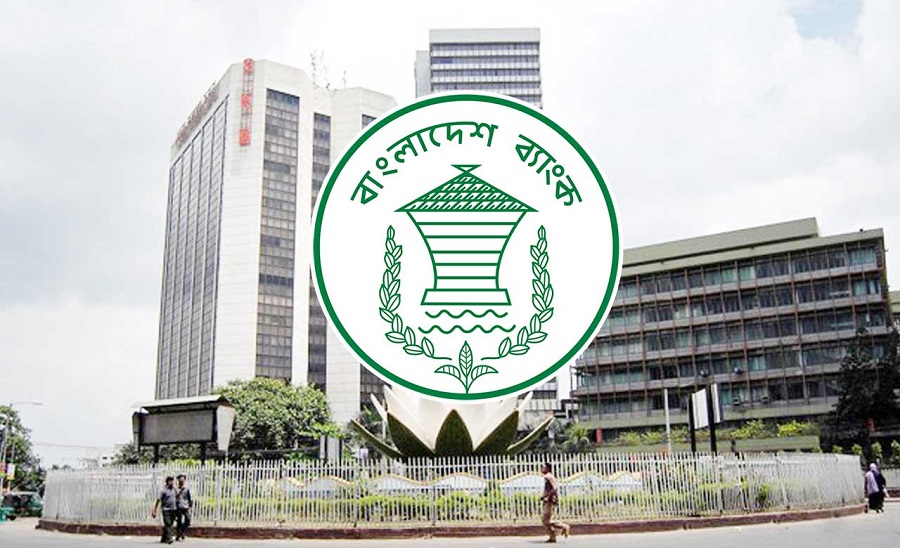Jannatul Islam
Published:2023-01-27 00:44:19 BdST
BB monetary policy not people-friendly
The Monetary Policy Statement (MPS) announced by Bangladesh Bank on 15 January has been met with criticism from economists and industry leaders who believe it does not address the concerns of commoners and may have negative consequences for the economy.
According to bankers and researchers, the monetary policy lacks clear measures to stabilize the volatile dollar market and address increasing pressure on foreign currency reserves.
The policy kept the interest rate at 9 percent for business credit while allowing banks to increase it by 12 percent for personal finance, despite current inflation of 8.71 percent. This decision has been met with criticism as it is not realistic and may be harmful to the economy.
Policy Research Institute's (PRI) executive director, Ahsan H. Mansur, stated that the lifting of the interest cap is not realistic when most banks are struggling with a cash crunch. He also noted that the MPS lacks specific measures to benefit commoners and may exacerbate economic challenges when most banks are facing liquidity and dollar market pressures.
Dr. Mansur, a former staff member of the International Monetary Fund, expressed concern over the increasing public credit growth which may fuel inflationary pressures in the market.
To allow for higher public expenditures, the monetary policy statement raised the domestic credit growth target by 30 basis points to 18.5 percent for the period between January and June.
Association of Bankers Bangladesh (ABB) former chairman Syed Mahbubur Rahman thinks the monetary policy has opened a new avenue for banks by lifting the cap on interest on personal loans.
"It is important to think about the impact that personal loans have on a bank's total credit portfolio. It may account for 6 to 7 percent of an institution's ledger. Banks have a small impact on their business with a small portfolio of loans," says Syed Mahbubur, also the managing director of Mutual Trust Bank.
He also noted that the interest rate hike for personal loans will create a negative impact on people's purchasing power amid inflationary pressures in the market.
BB's target for private sector credit growth is 14.1 percent for this fiscal year while the central bank will provide Tk 1.11 trillion to public sector credit with a 37.7 percent growth for the remaining days of the current fiscal year.
Policy Exchange chairman Dr. Masrur Reaz finds the monetary policy challenging as the central bank must inject a significant amount of money into the public sector for budget support.
“Firstly, the central bank increased repo rates, making the fund more costly for banks, which ultimately will affect retail customers. Currently, the bank's interest rates are not attractive to commoners when they are struggling to collect money from customers. Increasing public sector credit burdens the economy by supporting non-productive sectors, said Dr Masrur, a former World Bank senior economist.
BB on 15 January announced a cautious monetary policy to support GDP growth and the government's development strategy in the midst of global economic uncertainty.
Unauthorized use or reproduction of The Finance Today content for commercial purposes is strictly prohibited.


